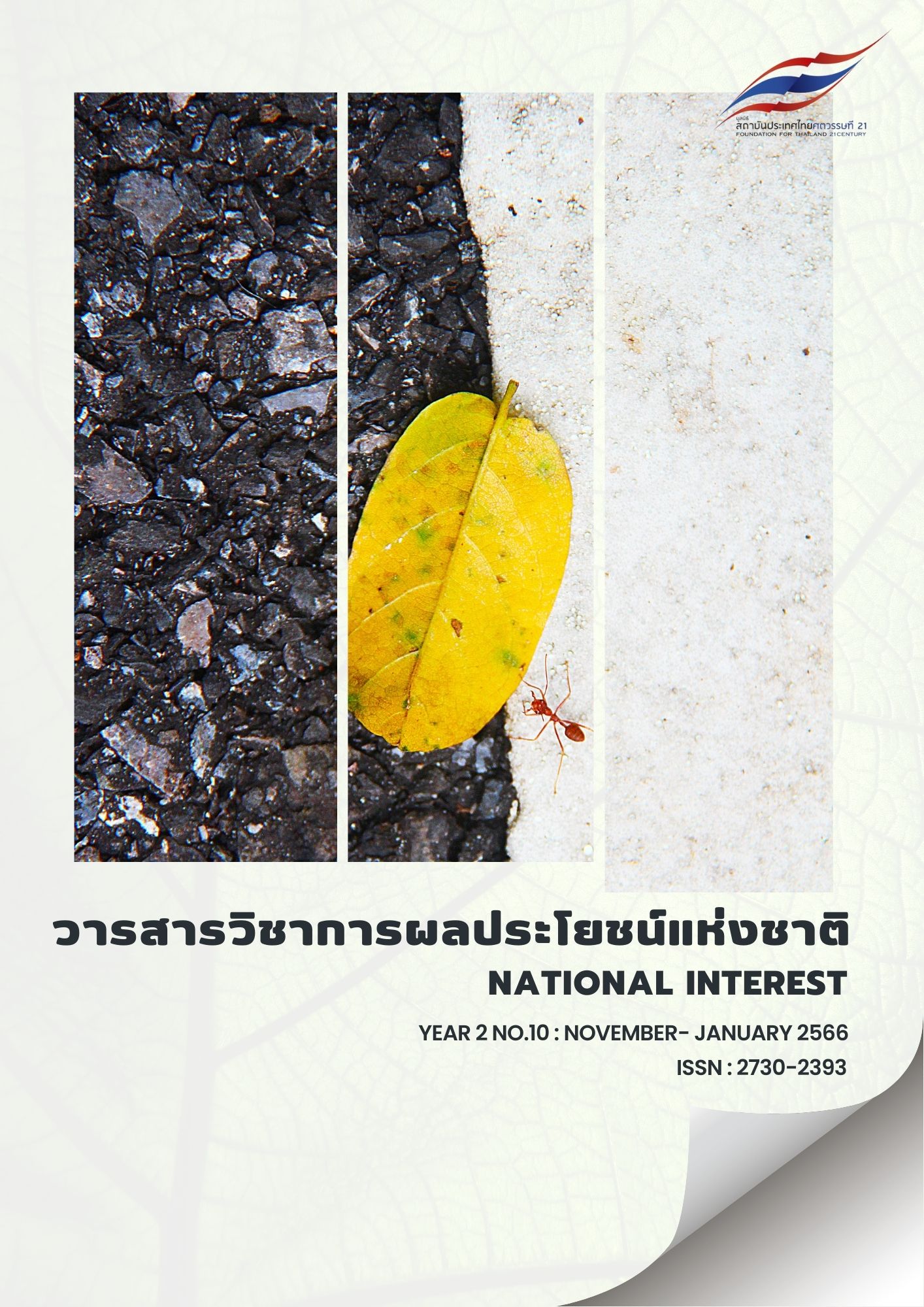Two Models of Integration of Immigrants: Germany and France
Main Article Content
Abstract
Since the second half of the twentieth century, the immigration of foreign populations has reached a significant volume in most Western countries. Massive and continuous, it led to a process of deep transformation of the nature and composition of the population in numerous countries of the Northern Hemisphere. While migration flows in earlier periods were primarily directed towards countries of the traditional immigration type, such as the USA, Canada, Australia, New Zealand, and in Europe France, they gradually expanded to all developed countries, so we can no longer speak of classic south-north migration movements.
In relation to other European countries, France and Germany will lead in two different ways: France as the first European country to open up to mass immigration, and Germany in terms of the number of foreigners.Their models of integration of foreigners are, however, significantly different.
Article Details

This work is licensed under a Creative Commons Attribution-NonCommercial-NoDerivatives 4.0 International License.
Thai Journal of National Interest Academic Journal under Creative Commons Attribution-NonCommercial-NoDerivatives 4.0 International License The journal allows access or distribution of academic work without charge or registration. To support the exchange of knowledge Scope covers academic work in geopolitics. Geoeconomics and Innovation
Users can share, copy and distribute all information published in National Interest Academic Journal in any form or medium subject to the following conditions:
Citation — Permission to use, reproduce, distribute, or modify the work. But credit must be given to the owner of the work. If the work is used without credit, the name of the owner of the work will be Must obtain permission from the owner of the work first.
Noncommercial — The work may be used, reproduced, distributed, or modified. However, the work or article may not be used for commercial purposes.
Cannot be modified — The work may be used, reproduced, and distributed. But do not modify the work. unless permission is received from the owner of the work first
References
Ballis, Lal B. (1986). The 'Chicago School' of American sociology, symbolic interactionism and race relations theory.In J. Rex& D.Mason. (Eds.), Theories of race and ethnic relations. Cambridge: Cambridge University Press.
Bastenier, A. (1999). Etat et société: les réactions de la population française de souche face à l’immigration. The International Scope Review, 1(1) (Summer), 119-125.
Bloch, M. (1931). Les caractères originaux de l’histoire rurale française, Paris: Les Belles Lettres.
Delavignette, R. (1931). Les paysans noirs. Paris: Librairie Stock.
Demorgen, J. (1999). La France et l'Allemagne: deux destins culturels. The International Scope Review, 1(1) (Summer), 45-54.
Hall, E. T., & Hall, M. R. (1990) Understanding Cultural Differences: Germans, French and Americans. Boston: Intercultural Press.
Henry, J. R. (1994). L’identité imaginée par le droit : de l’Algérie coloniale à la construction européenne. Martin D. (ed.), Comment dit-on «nous» en Politique? Paris: Presses de la FNSP.
Henry, J. R. (1999). L’Algérie et l’Allemagne, repères paradoxaux de l’identité française. The International Scope Review, 1 (1) (Summer), 55-63.
Henry, J. R. (1982). La France au miroir de l'Algérie, Revue Autrement, 38, mars.
Kordes, H. (1999). Quelques clefs pour confronter les cultures françaises et allemende de l'identité. The International Scope Review,
(1) (Summer), 84-88.
Le Bras, H. (1987). La Statistique générale de la France ou le portrait de la nation. Les lieux de mémoire II : La nation. Paris: Gallimard.
Le Bras, H. (1991). Marianne et les lapins : l’obsession démographique, Paris: Olivier Orban.
Le Bras, H. (1999). Hunot & al, Immigration et identité en France et en Allemagne, The International Scope Review, 1 (1) (Summer), 44-52.
Mugny, G., & Perez, J. A. (1987). The Social Psychology of Minority Influence. Cambridge: Cambridge University Press.
Noiriel, G. (1992). Population, immigration et identité nationale en France, XIXème-XXème siècle. Paris: Hachette.
OCDE (1987). L’avenir des migrations. Paris.
Ogden, E. P., White, P. (1989). Migrants in Modern France. London: Routledge.
Pourtois, H. (1992). Traduction française de Jürgen Habermas, Immigration et chauvinisme du bien-être. La revue nouvelle, 90 (nov. 1992), 76-84.
Silverman, M. (1992). Deconstructing the nation : Immigration, racism and citizenship in modern France. London: Routledge.
Tap, P. (1999). Comment se construisent et s,affirment les identités culturelles individuelle et collectives. The International Scope Review, 1 (1) (Summer), 33.
Thränhardt, D.(Ed.).(1996) Europe, A New Immigration Continent. Münster: List Verlag.
Todd, E. (1994). Le destin des immigrés, assimilation et ségrégation dans les démocraties occidentales. Paris: Le Seuil.
Weil, P. (1988). La politique française d’immigration. Pouvoirs, 47, 45–60.
Weil, P. (1991). La France et ses étrangers : l’aventure d’une politique de l’immigration, 1938-1991. Paris: Calmann-Lévy.
Weil, P. (2005). La République et sa diversité. Editions du Seuil et La République des Idées. Paris, 8.
Weinberg, A. (1961). Migration and Belonging. The Hague: Martius Nijhoff.


